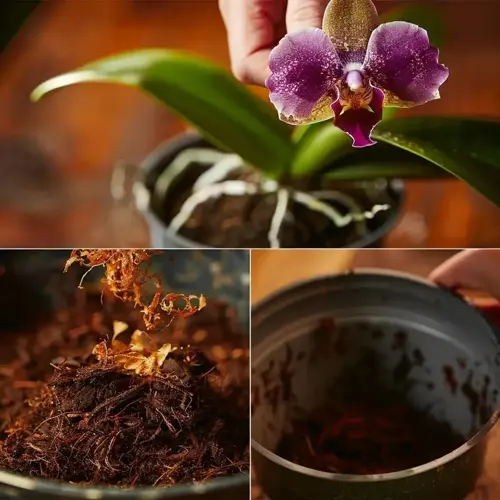How many plants clean air in a standard room?

Written by
Olivia Mitchell
Reviewed by
Prof. Samuel Fitzgerald, Ph.D.Successful air purification takes a coordinated effort across several air quality plants. For an average-sized 200 sq ft room, you'll want around 4-10 plants, depending on the level of toxins and the efficiency of each plant. High-performance scores like Snake Plants range larger than smaller varieties. I have six plants in total, thoughtfully placed around my living area, where the level of pollution is the highest.
Planting density relies on three main factors: room size, offending pollutant, and plant capabilities. I perform my calculations in square footage. Then I modify based on furniture density and pollution sources. For example, a kitchen with updated cabinets may require more dense planting than a minimal bedroom. I even add more near my home office printer.
By Room Size
- Small rooms (100-150 sq ft): 3-5 medium plants
- Standard rooms (150-250 sq ft): 5-8 plants
- Large spaces (250-400 sq ft): 8-12 plants minimum
By Plant Type
- High-efficiency: 1 Snake Plant per 50 sq ft
- Medium-performance: 1 Peace Lily per 30 sq ft
- Small varieties: 1 Spider Plant per 20 sq ft
Pollution Adjustments
- New furniture: Add 2 extra plants
- Urban locations: Increase density by 30%
- Allergy sufferers: Include HEPA filtration
Optimize coverage with strategic placement. Place your best-performing plants closest to the main sources of pollutants, such as cabinetry in the kitchen or electronics. Cluster plants rather than placing them widely. My cluster of 6 plants creates an efficient clean air zone around my sofa area.
Start with two high-efficiency plants per 100 sq ft. After 4 to 6 weeks, observe any changes in your air quality. Then add complementary varieties as desired. I started my initial set with three Snake Plants, which did a great job in my bedroom before I began adding plants in other rooms.
Read the full article: Top Air Quality Plants for Cleaner Homes

